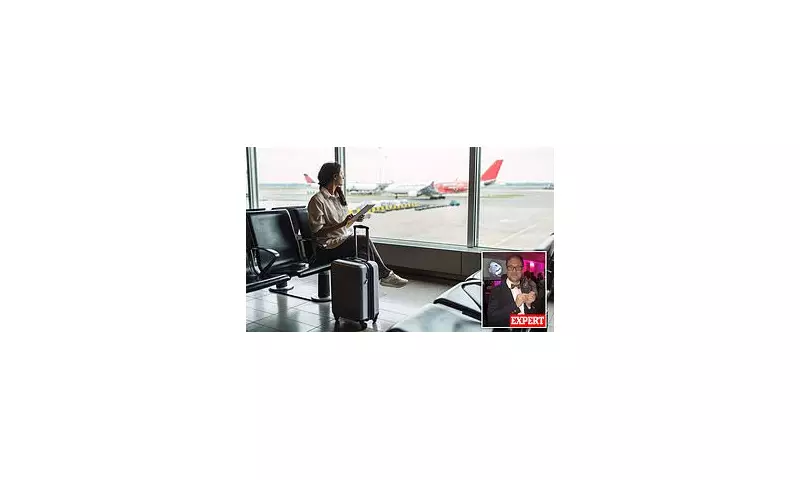
A London-based jewellery expert's overseas adventure turned into a financial catastrophe after UK Border Force officials confiscated gold bars worth a staggering £30,000 from his luggage.
The disastrous incident occurred at Heathrow Airport as the man, who specialises in precious metals, was returning from a trip to India. He had failed to declare the substantial haul of gold, a crucial oversight that led to the seizure of the entire valuable cargo.
The Costly Oversight at Customs
Border Force officers, conducting routine checks, discovered the undeclared gold bars during a search of the traveller's belongings. The strict regulations require anyone entering or leaving the UK with more than €10,000 (or its equivalent in other currencies or goods) to declare it to customs authorities.
His failure to do so resulted in an immediate and total seizure of the assets. The case was subsequently handed over to HM Revenue and Customs (HMRC) for further investigation and potential legal action.
A Harsh Reminder for Travellers
This incident serves as a stark warning to all international travellers. The rules regarding the movement of cash and high-value goods are stringent and rigorously enforced.
What you must declare:
- Cash amounts of €10,000 or more
- The equivalent value in other currencies
- High-value items like gold bars, which are considered 'equivalent to cash'
Failure to comply is not a simple administrative error; it is a criminal offence under the Anti-Money Laundering regulations. The consequences can be severe, including permanent confiscation of the assets, hefty fines, and even imprisonment.
No Exceptions for Experts
Perhaps most surprising is that the individual involved was a professional in the jewellery trade, someone who would be expected to have an intimate knowledge of the rules governing the movement of precious metals. This detail highlights that expertise in a field is no substitute for adhering to explicit border regulations.
The seized gold, now in the possession of the UK authorities, is likely to be sold at auction unless the traveller can successfully appeal the decision through a lengthy and uncertain legal process.
This expensive mistake is a powerful reminder that when it comes to customs, ignorance of the law—or simply forgetting to declare—is no excuse and can come at an extraordinarily high price.





